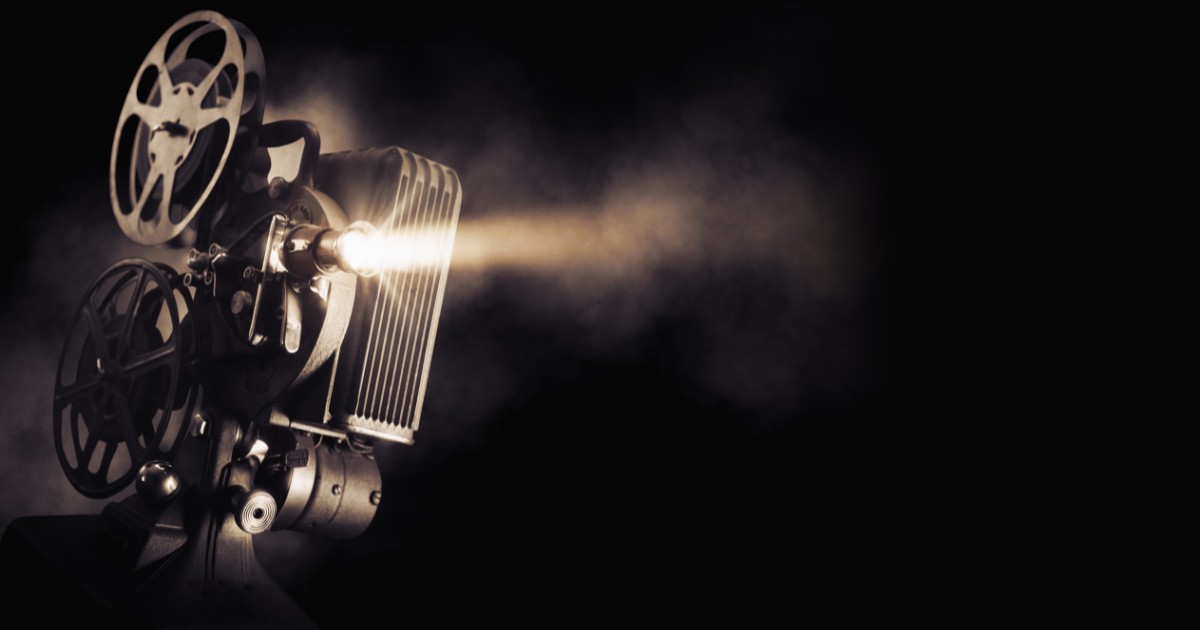The Italian Supreme Court in its Order No. 14117 of May 23, 2023 clarified what rights the film company has over the film and the duration of those rights.
The case
In the present case, the Italian Supreme Court had to rule on the rights due to the production company of a film.
The Court of Naples, had rejected the claims brought by Mr. A. aimed at ascertaining and deciding on the lawfulness of his publication on a website of some clips of a film, without the consent of the production company that claimed to hold the rights.
In this regard, the Court of Naples had ruled that the cinematographic work had not fallen into the public domain and ascertained the ownership of the production company Alfa Srl of the rights of exploitation of the film.
The Naples Court of Appeals upheld the decision of the Court of First Instance, holding that copyright in the film work belonged to the producer and that these rights lasted for 70 years after the death of the last of the authors involved.
Mr. A then filed an appeal in cassation against the decision.
The plaintiff's position
In his first main ground of appeal, Mr. A. argued that the Court of Appeals made a mistake in its evaluation and application of the Italian Copyright Law.
Mr. A. claimed that pursuant to Article 78-ter of the Italian Copyright Law (Legge sul diritto d’autore), the producer loses the exclusive right to authorize the reproduction, distribution, rental and lending of the cinematographic work after fifty years from its publication. According to the plaintiff, once the film work falls into the public domain-after fifty years-he has legitimately made the film in question available to the public in various fragments.
The plaintiff further argued that, in the absence of a specific legislative provision to this effect, the producer is not subject to the longer 70-year term of protection provided for authors. Article 78-ter of the Italian Copyright Law, in regulating the exclusive right of the producer and the duration of that right, constitutes a specification of Articles 45 and 46(1), with the consequence that the former rule prevails over the latter.
Thus, the appellant challenged the Court of Appeals’ legal interpretation that the producer does not have two orders of rights, primary and secondary, since it would not be possible to distinguish between the producer’s rights that expire after fifty years and fall into the public domain and those that last for seventy years.
The normative reference
The enforcement of the rights of economic use of the cinematographic work is governed by Article 45 of the Italian Copyright Law, which provides that such enforcement is up to the person who organized the production itself.
The purpose of Article 45 is to adapt to cinematographic works the general principles applicable to any other work protected by copyright made within business organizations.
Regarding the interpretation of the article there have been different and conflicting positions over time, culminating in the principle of law enunciated by the Italian Supreme Court in the case at hand.
The Italian Supreme Court's interpretation of Article 45 of Italian Copyright Law
Referring to previous case law, the Italian Supreme Court of Cassation maintains that there are two orders of rights held by the film producer, namely the primary right, which is expressly attributed by Articles 45 et seq. of Italian Copyright Law and to which Article 32 applies (having a duration of 70 years from the death of the last of the co-authors) and the secondary right or related to all the media made by it on which the work has been imprinted, which entitles him to reproduce and duplicate the media and to distribute and market them.
The Law thus attributes to the producer not the mere exercise of another’s right, but the ownership of his own right, having as its object the economic use of the work, while co-authors are entitled, in addition to the so-called moral rights, to the patrimonial rights that are expressly reserved to them by the law itself.
And it is precisely on this point that the Italian Supreme Court feels compelled to make a clarification.
A reading of Articles 45 and 46 of the Italian Copyright Law shows that the law attributes co-ownership of the cinematographic work to the author of the subject, the author of the screenplay, the author of the music, and the artistic director, with the result that the authors-contrary to the claim of the claimant-have been granted the rights of economic use. The producer, on the other hand, is granted only the exercise of the rights of economic use of the film work, within the limits indicated by the subsequent articles. The Law, therefore, did not directly attribute to the producer the ownership of the rights of use of the cinematographic work.
The producer’s right to exploit the cinematographic work is a right of its own which, however, is not recognized ex lege but as a consequence of the acquisition (which must be presumed unless proven otherwise) of this right by way of derivative right.
Thus, the Italian Supreme Court enunciates the following principle of law “On the subject of industrial property, art. 45 of Italian Copyright Law, in providing that the producer is entitled to exercise the rights of economic use of the cinematographic work, dictates a presumption that is valid until proof to the contrary, assuming that the producer secures in advance from the authors […] the rights of cinematographic exploitation of the work for the entire duration of the right of economic use due to the author, in order to prevent, at the root, any possible legal dispute concerning such future rights. It implies that anyone who contests the film producer’s intervening derivative acquisition of the ownership of the rights of use of the work, or even only the extent or temporal scope of such rights, is required to provide evidence of this in light of the concrete contractual agreements.”
In the case at hand, Mr. A. did not provide evidence suitable to overcome the presumption under Article 45 of the Italian Copyright Law, i.e. that the authors had assigned to the producer all the rights of economic use of the work belonging to them, but neither did he attach circumstances suitable to represent a different reality. It follows that the work is protected by copyright, since the seventy-year term stipulated in Article 32 of the Italian Copyright Law has not expired.
© Canella Camaiora S.t.A. S.r.l. - All rights reserved.
Publication date: 12 July 2023
Last update: 7 May 2025
Textual reproduction of the article is permitted, even for commercial purposes, within the limit of 15% of its entirety, provided that the source is clearly indicated. In the case of online reproduction, a link to the original article must be included. Unauthorised reproduction or paraphrasing without indication of source will be prosecuted.

Margherita Manca
Lawyer at The Canella Camaiora Law Firm, member of the Milan Bar, she specialises in industrial law.
